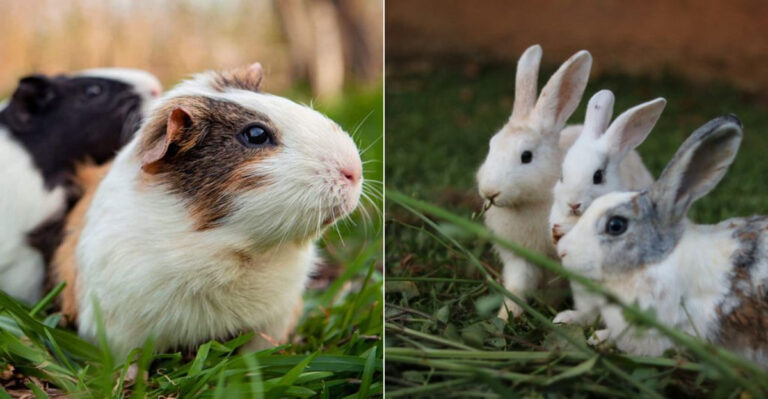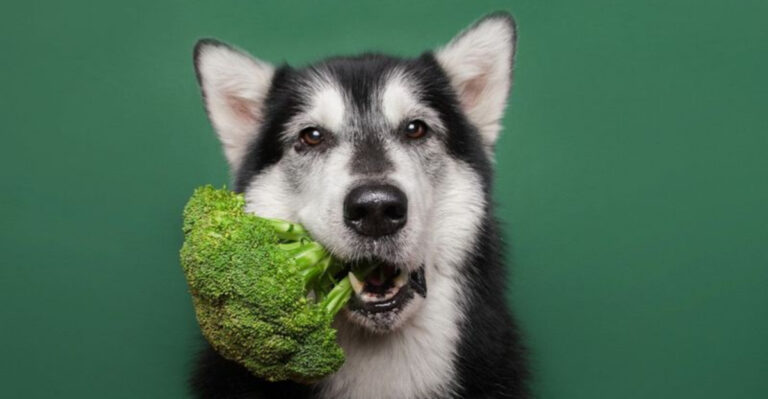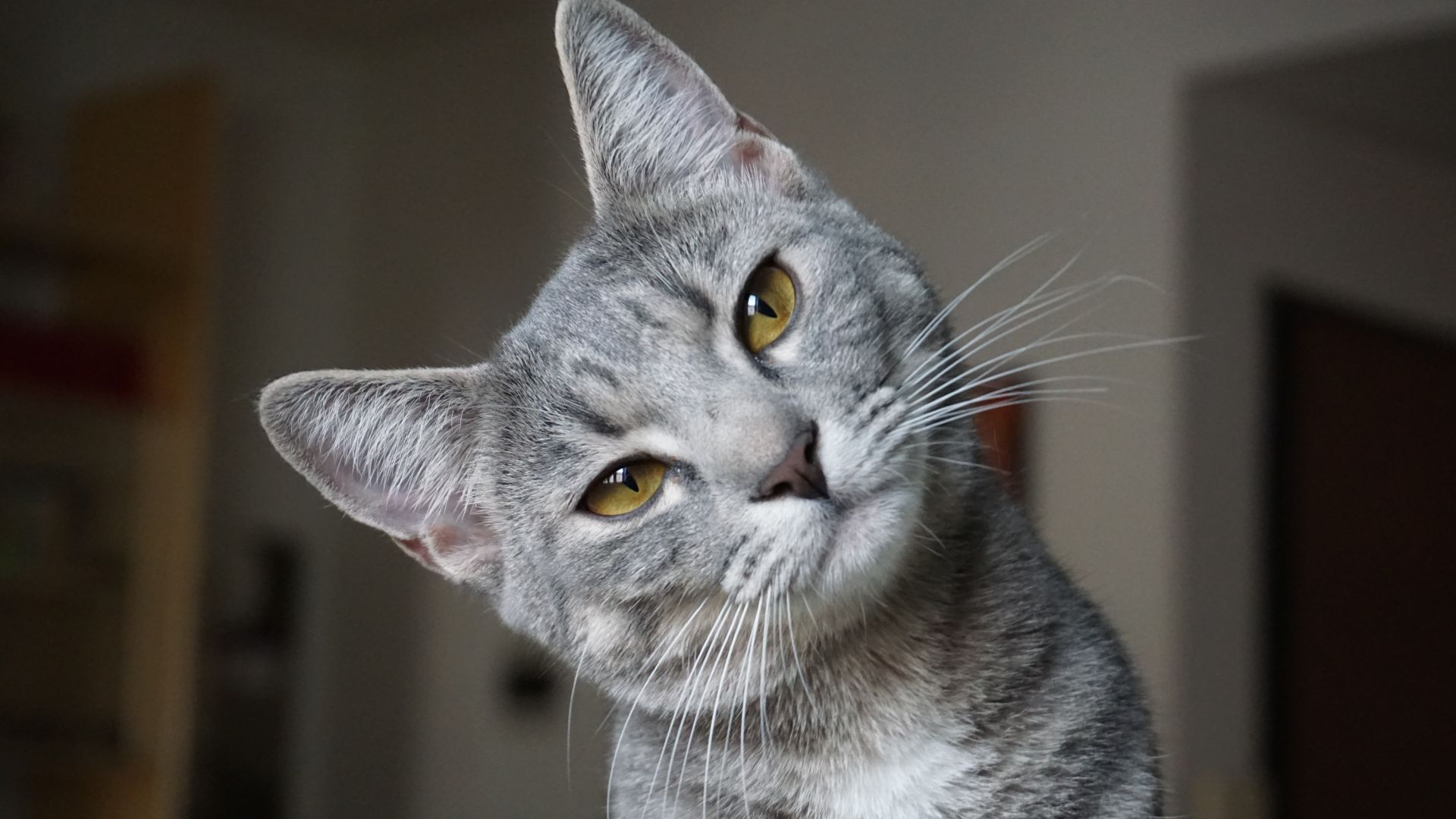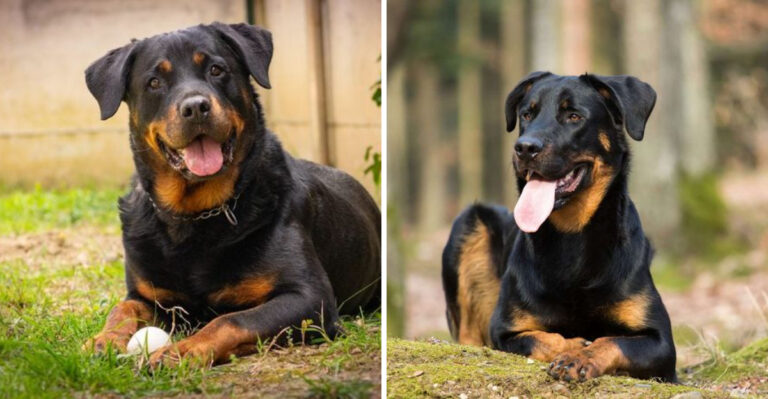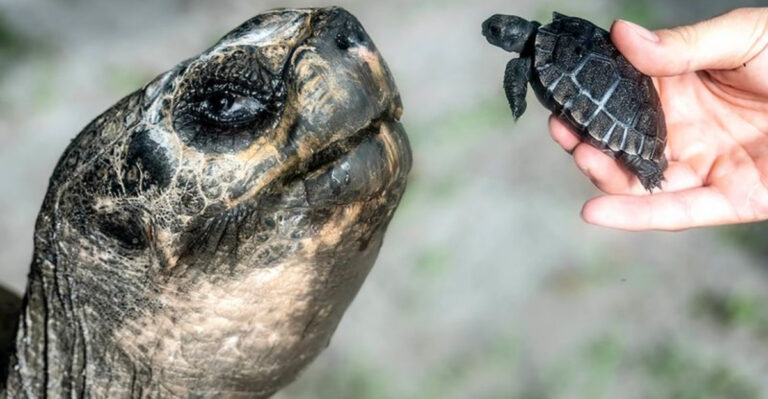Orcas Are Offering Food To Humans, And Experts Just Figured Out Why
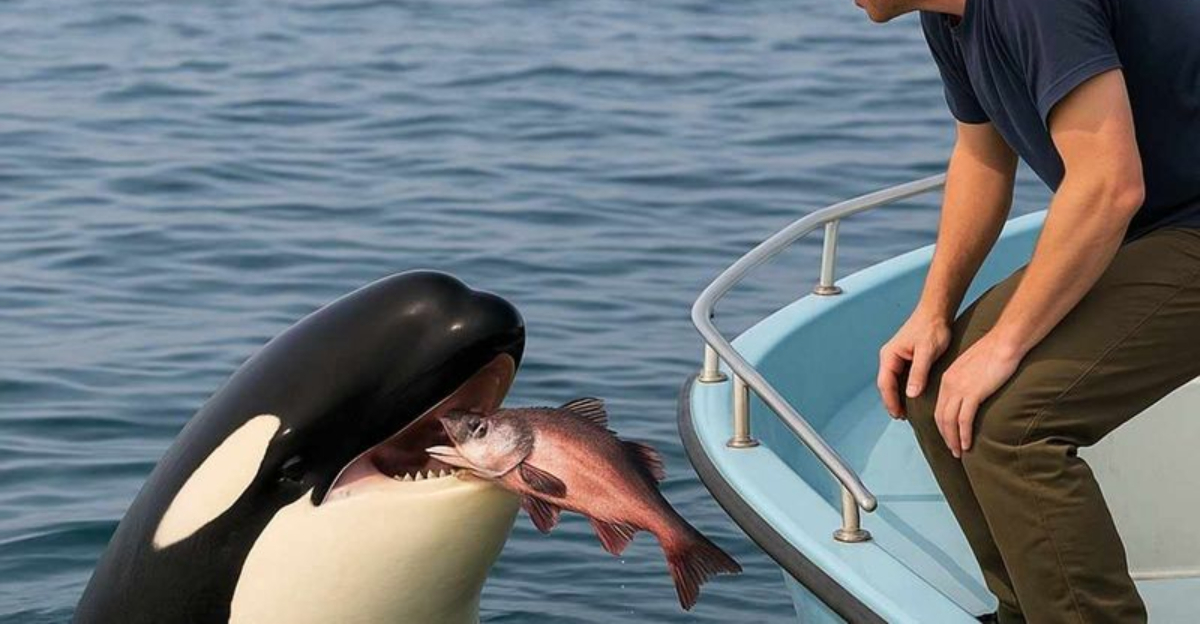
Scientists have made a fascinating discovery about orcas and their interactions with humans. These magnificent marine mammals have been observed offering food and objects to people in the water.
Recent research has uncovered why these intelligent creatures might be engaging in this unusual behavior, shedding light on their complex social nature and potential for cross-species connection.
1. They’ve Been Offering “Gifts” For Decades
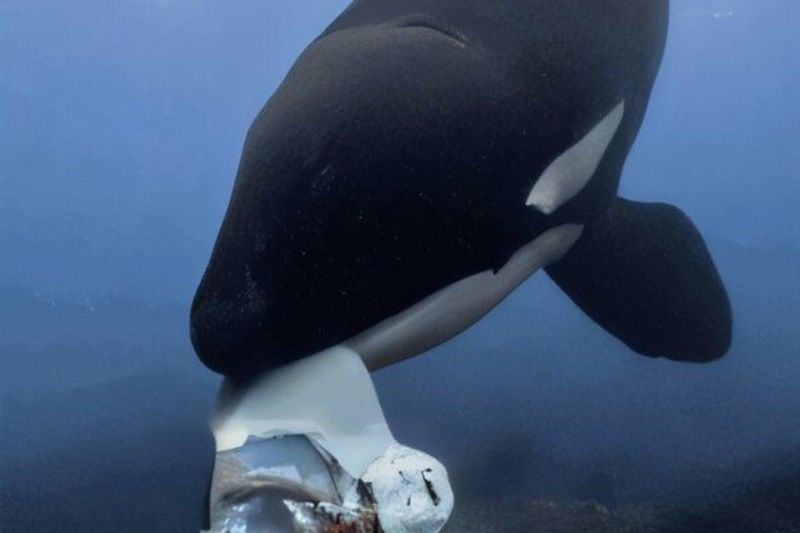
Orcas have a long history of presenting humans with unexpected offerings. Marine biologists have carefully documented 34 separate instances between 2004 and 2024 where these magnificent creatures gave prey or objects to humans swimming nearby.
The consistency of these interactions suggests this isn’t random behavior but rather a deliberate pattern worthy of scientific attention.
2. The Gifts Range From Fish To Seaweed
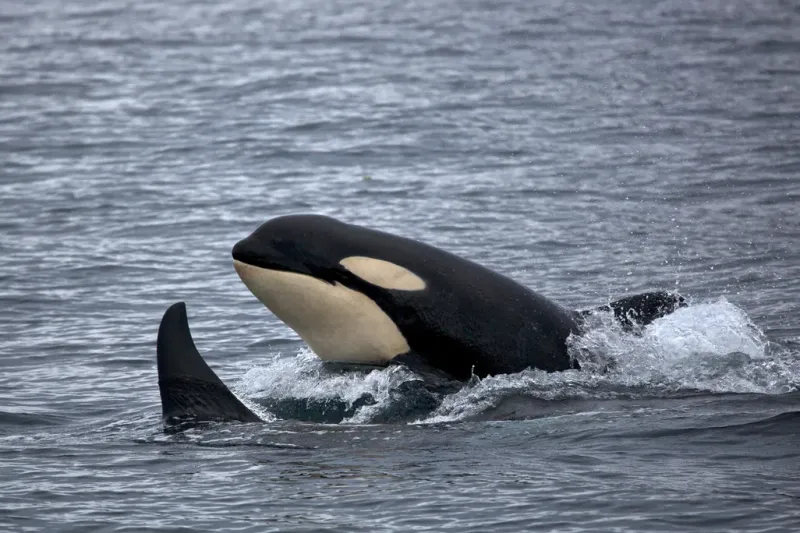
The variety of items orcas have presented to humans is truly remarkable. Beyond just fish, these generous marine mammals have offered rays, turtles, sharks, birds, and even decorative seaweed strands.
This diverse gift selection hints at thoughtful intention rather than mere hunting behavior. Scientists believe the range of offerings reflects the orcas’ varied diet and perhaps their perception of what humans might find interesting.
3. One Orca Offered A Seal Pup
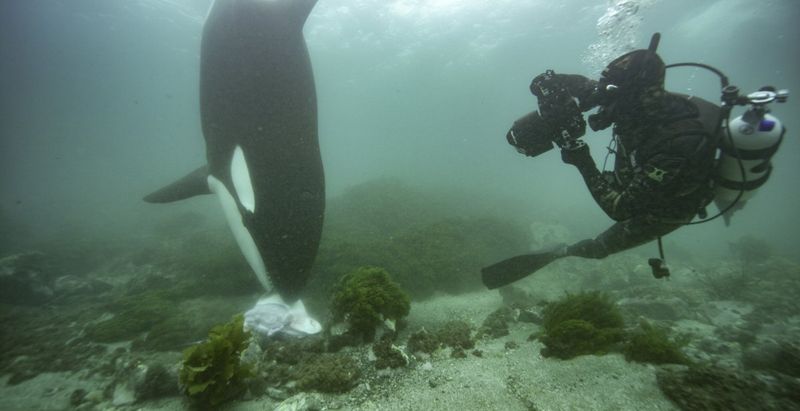
A particularly memorable exchange occurred in 2018 when an orca approached a researcher with something unexpected. The whale carefully presented a living harbor seal pup, mirroring similar behaviors previously observed with seabirds.
The researcher was stunned by this rare interaction. The orca seemed to wait expectantly after the offering, creating a moment of cross-species communication that left a profound impression on the scientific team.
4. The Behavior May Be Altruistic
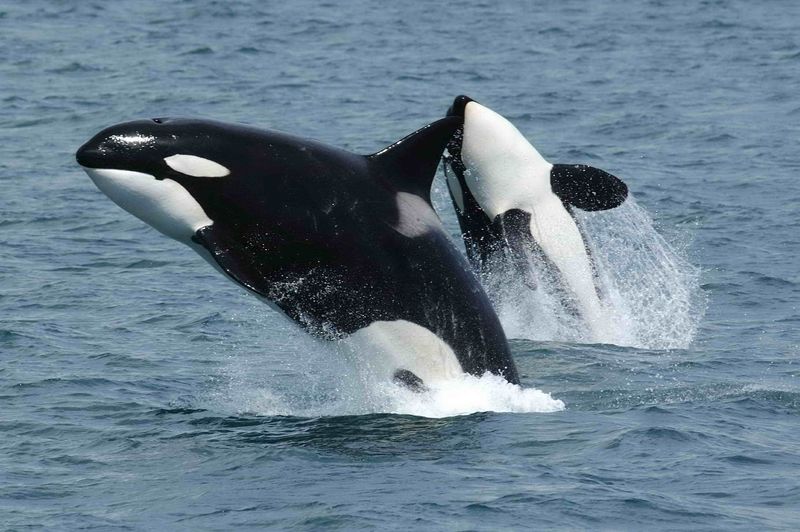
Current scientific thinking suggests something remarkable about these gift-giving behaviors. Experts believe orcas might be displaying interspecific generalized altruism – a fancy term for caring about creatures outside their own species.
This represents a significant cognitive leap. The willingness to share valuable food resources with entirely different animals challenges our understanding of marine mammal psychology and suggests emotional complexity we’re only beginning to comprehend.
5. Orcas Wait To See How Humans React
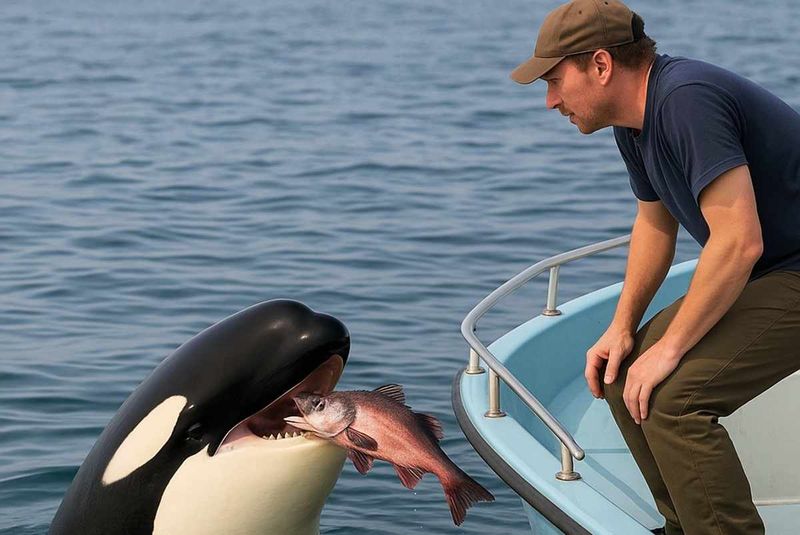
A fascinating pattern emerges in these gift-giving encounters. After delivering their present, orcas typically pause nearby, observing the human’s reaction with apparent interest.
This waiting behavior suggests genuine social engagement. Depending on the human response, the orca might retrieve the gift or leave it behind, demonstrating a sophisticated understanding of two-way communication and perhaps even an awareness of human preferences.
6. These Aren’t Accidents
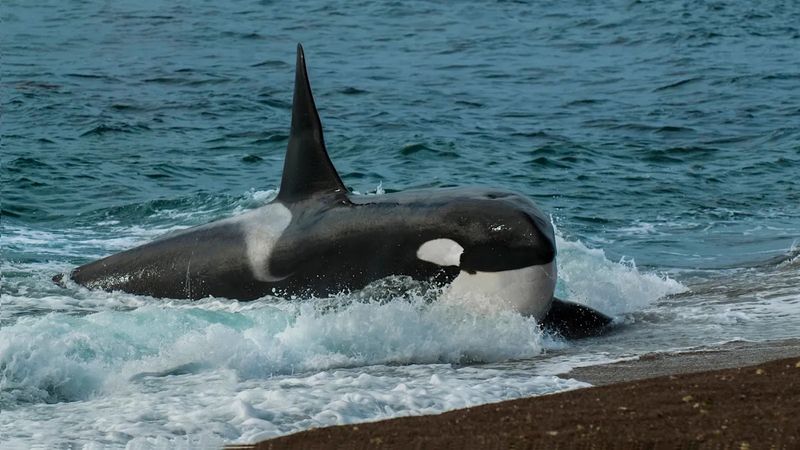
Researchers have ruled out the possibility that these offerings are simple mistakes. The deliberate way orcas approach humans, present the item, and then wait for a reaction eliminates the dropped-food theory.
Marine biologists point to the careful handling and presentation as evidence. The orcas’ body language during these exchanges shows clear intention, with some even using gentle nudging motions to ensure the human notices their gift.
7. They Might Be Curious About Us
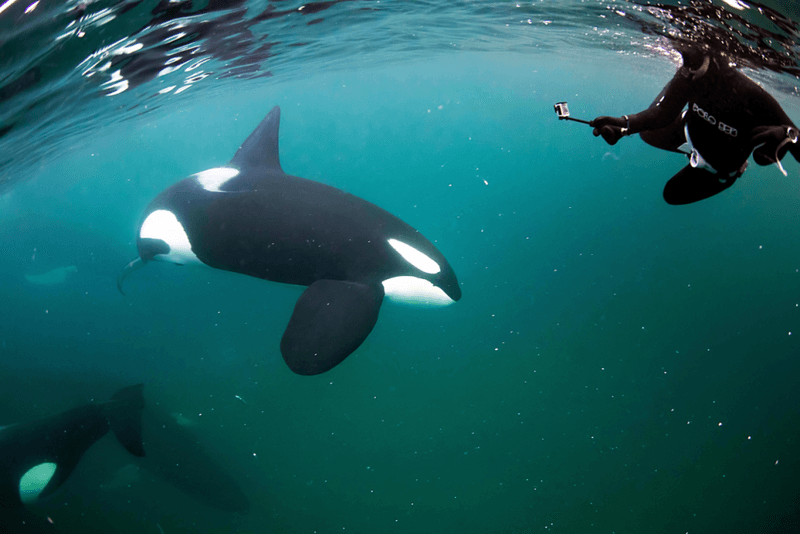
Orcas possess remarkable intelligence that allows them to recognize humans as thinking beings. Gift-giving may represent their attempt to establish meaningful contact with another sentient species they find intriguing.
Much like humans offer treats to unfamiliar dogs, orcas might use food as a universal language. This curiosity-driven behavior suggests they’re actively trying to understand us, perhaps even attempting to build cross-species relationships based on shared experiences.
8. Some Orcas Have Names
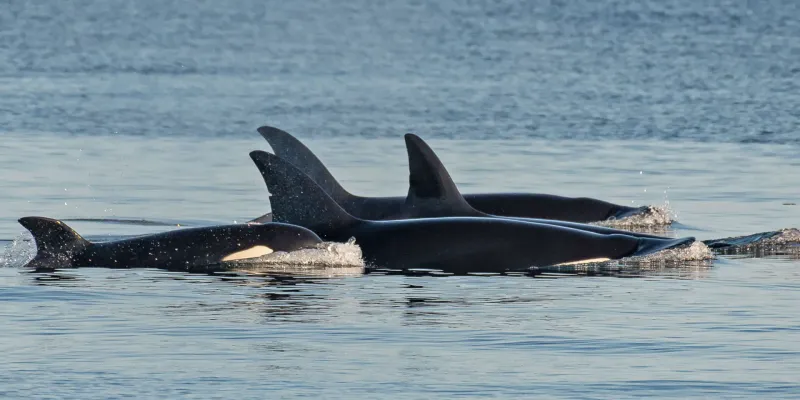
The gift-giving isn’t anonymous – researchers have identified specific orcas involved in these exchanges. One notable event featured siblings named Akela and Quiver, both known to marine biologists through long-term observation programs.
Individual identification helps scientists track behavioral patterns. By recognizing which specific orcas engage in gift-giving, researchers can better understand if this behavior runs in families or pods, providing clues about how it might be learned or taught.
9. This Behavior Happens Worldwide
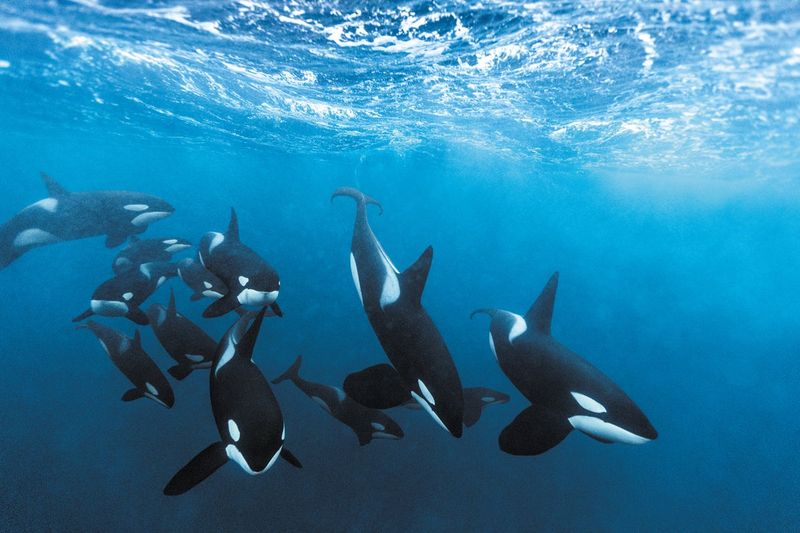
Gift-giving orcas aren’t limited to one region. Researchers have documented these generous exchanges across vastly different ocean environments – from the frigid waters off Alaska and Norway to the temperate coasts of California and New Zealand.
The global nature of this behavior is particularly significant. When the same complex social interaction appears independently in geographically separated populations, it suggests something fundamental about orca psychology rather than a localized cultural phenomenon.
10. Orcas Share Food Within Pods Too
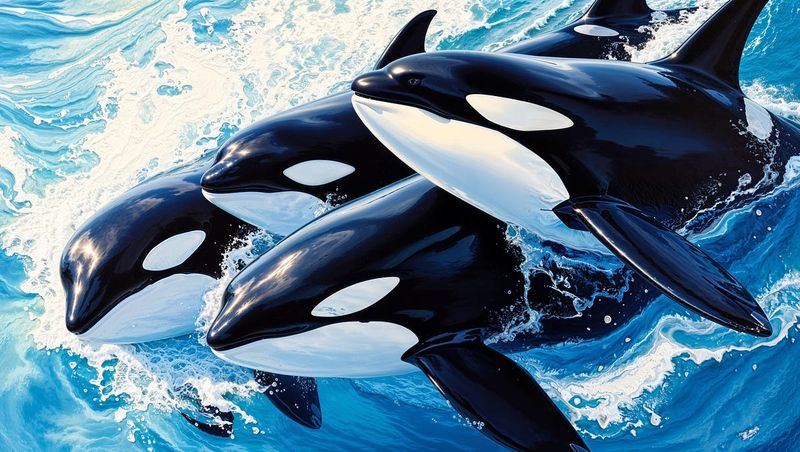
The gift-giving to humans mirrors important social behaviors orcas practice among themselves. Within their tight-knit family pods, sharing food strengthens bonds and maintains social harmony essential for their cooperative hunting lifestyle.
Young orcas learn hunting techniques by watching adults share prey. This internal food-sharing creates the foundation for their complex social structure, suggesting that when they offer food to humans, they might be extending the same social courtesy they show their own kind.
11. They’re Social And Intelligent Hunters
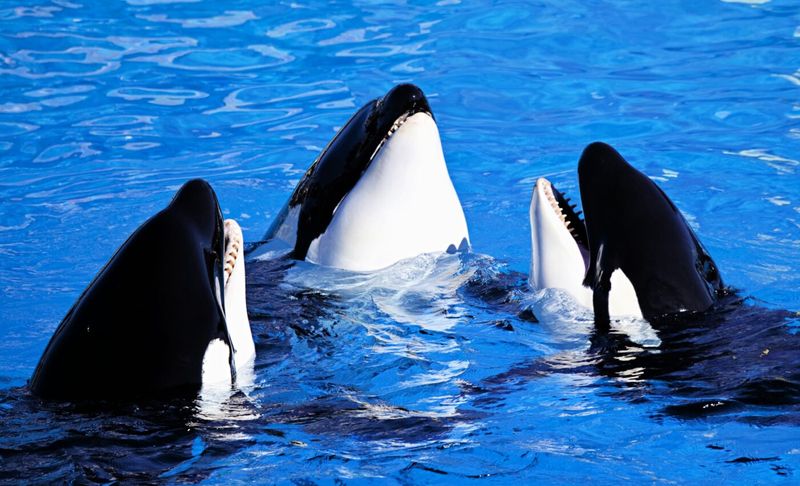
Orcas employ sophisticated hunting strategies requiring remarkable coordination and communication. Their collaborative approach to catching prey demonstrates problem-solving abilities rarely seen outside human societies.
This intelligence extends to social exchanges. Having evolved to value cooperation, orcas understand the concept of mutual benefit through sharing. Their gift-giving to humans might represent an extension of the same social intelligence that makes them such successful hunters in their marine environment.
12. Some Gifts Were Already Dead
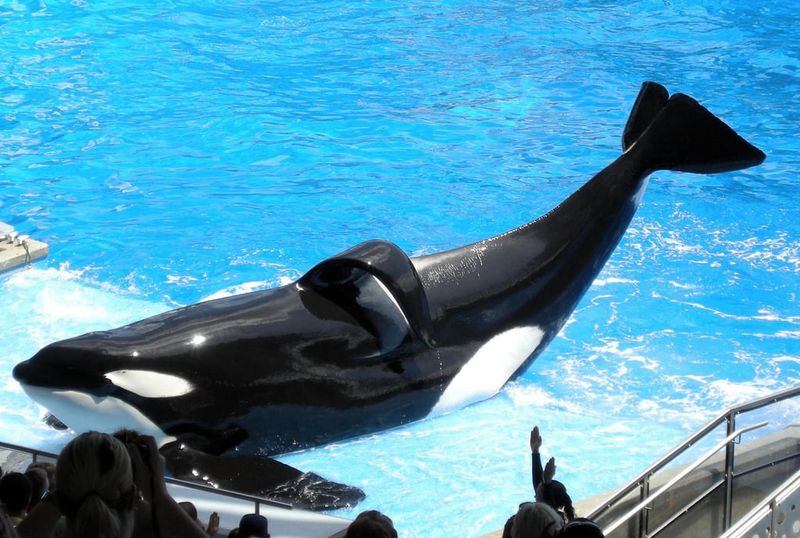
Safety seems to be a consideration in these cross-species exchanges. Almost all documented cases involve orcas presenting already deceased prey to humans, significantly reducing any risk during the interaction.
This pattern suggests awareness of human vulnerability. Whether intentional or instinctive, by offering dead rather than living prey, orcas create a safer interaction environment. This consideration might indicate their understanding of humans as different from themselves but worthy of careful treatment.
13. Experts Warn Not To Encourage It
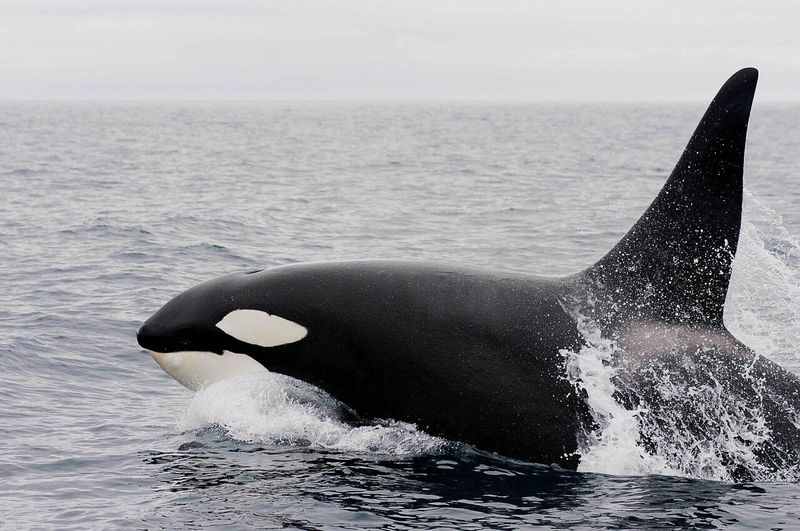
Despite the wonder these interactions inspire, marine biologists strongly advise against reciprocating or initiating such exchanges. Human food can harm orcas, while getting too comfortable around these powerful predators poses obvious risks to people.
Additionally, encouraging dependency could disrupt natural behaviors. The safest approach remains respectful observation from appropriate distances, allowing these magnificent creatures to maintain their wild nature while scientists continue studying their fascinating gift-giving behavior.


